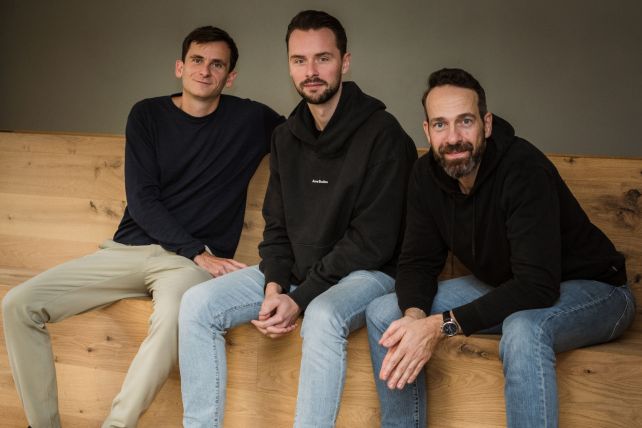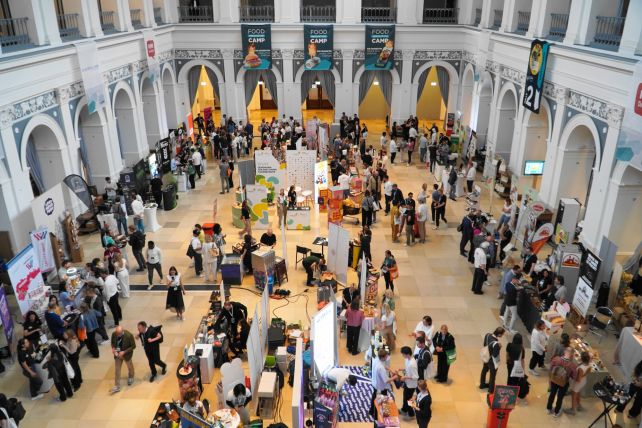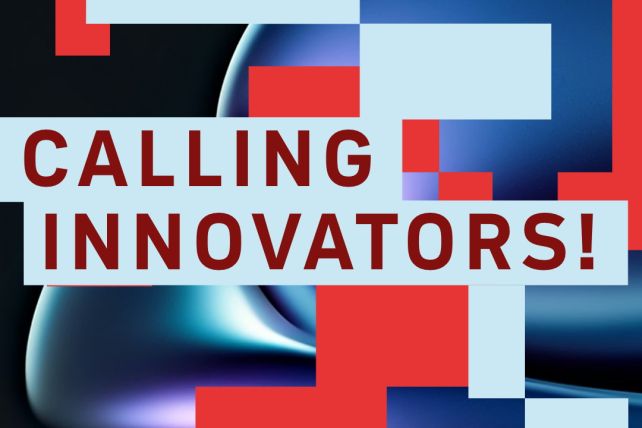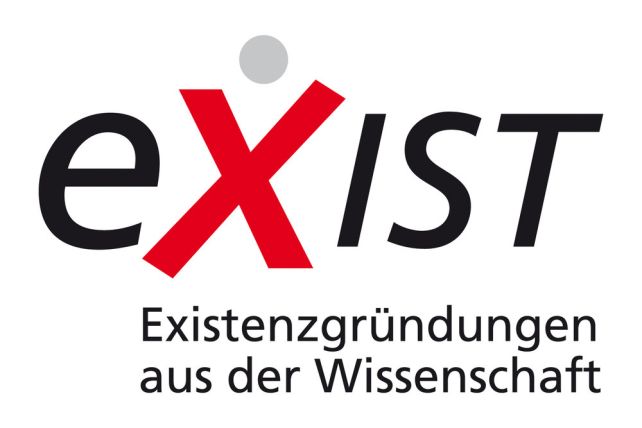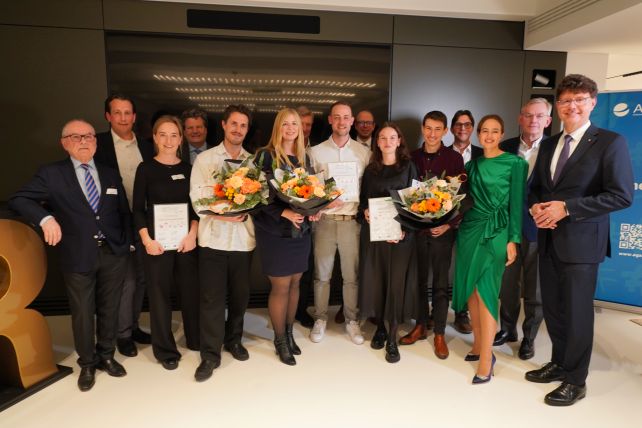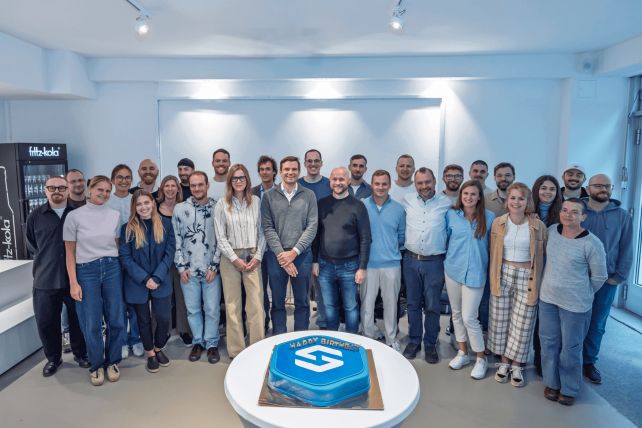German Startup Monitor 2023 - the most important results
With almost 2,000 respondents, the German Startup Monitor, collected by the German Startup Association and PwC Germany, is the most comprehensive study of the startup landscape in Germany. The 2023 edition describes an innovation ecosystem under pressure, but also shows that startup founders in this country are rising to the challenges and breaking new ground. We summarize the most important results in this article.

Positive mood prevails despite lower investments
Since the record financing year of 2021, it has become more difficult for startups to raise capital - in view of the new financing environment, only 15% of founders currently rate the willingness of VCs and business angels to invest positively. In addition, many are adjusting their strategy: While 44% of startups still preferred venture capital financing in their planning last year, this figure has dropped significantly to just over one-third. At the same time, the issue of liquidity is coming back into focus and is currently a key challenge for around a third, compared with a quarter in the previous year.
Despite the many challenges, however, there can be no talk of a slump in the development of the startup ecosystem: The average number of employees in German startups remains stable at 19. Although 15% of startups had to make redundancies within the last year, the vast majority (56%) were able to continue hiring and create an average of eight new jobs during the same period. There is no frustration among founders either - nine out of ten would found a startup again, and the vast majority of them in Germany (83%). The proportion of female founders has slightly risen since the previous year: from 20.3 to 20.7%.
Universities and research institutions are elementary for many startups. At 49%, every second startup says it has already received support in this context. Universities and research institutions play a central role especially regarding competitiveness in innovative technologies. The development in the area of artificial intelligence is particularly noteworthy here: the proportion of startups for which AI has a major influence on their business model has once again grown significantly compared to the previous year, from 45% to 52%.
The proportion of startups with collaborative relationships with the established economy continues to decline: in 2020, the figure was 72%, today it is only 61%.
82 % of startups use tools such as ChatGPT - generative AI is used frequently, especially in marketing (64 %).
47% of startups see themselves as part of the green economy and want to contribute to climate and environmental protection.
The hotspot Berlin is more affected by the current turbulences and financing bottlenecks: Here, 24% of startups had to make redundancies last year, compared to a national average of only 15%.
RWTH Aachen, TU Munich and WHU in Vallendar and Düsseldorf are the top 3 startup universities - 13% of the founders surveyed graduated from here.


